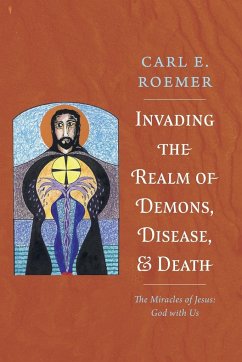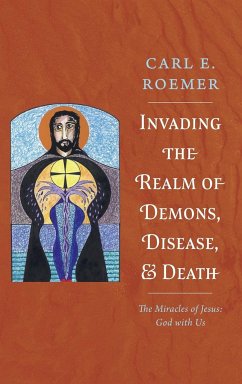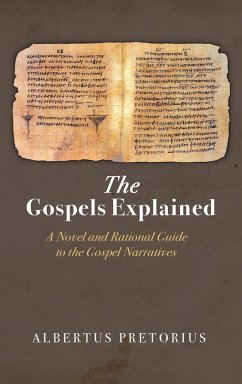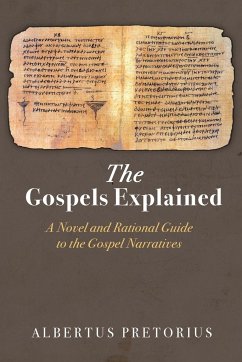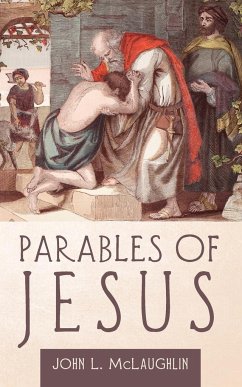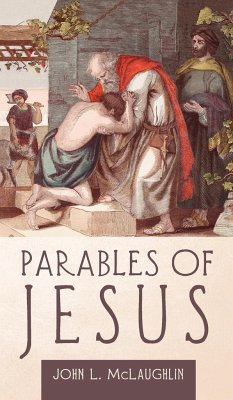This study of the miracles attributed to Jesus in the Gospels begins with a survey of the sciences, because in our present cultural context, materialism is the dominant approach to and understanding of our world, of history, and of our very selves. If the materialist's understanding is true, then there is no such thing as miracles, because every event must occur as the result of some previous material events. Contemporary biblical scholarship mostly approaches the miracle stories from a materialist point of view. It questions their historicity because they violate what has now become the entrenched modus operandi in our culture and society, operating with the idea that the universe is a closed nexus of cause and effect. The miracles are understood, then, as products of the community and not historical reports, although, according to this line of scholarship, they may be based on some vague recollection of Jesus's activity that somehow had healing effects. Modern science, however, as one scientist has put it, in climbing the mountain of knowledge, has reached its peak and found a theologian at the top. The sciences, in other words, have led to the implication that our universe has a creator and that the universe and the human genome have been designed.

